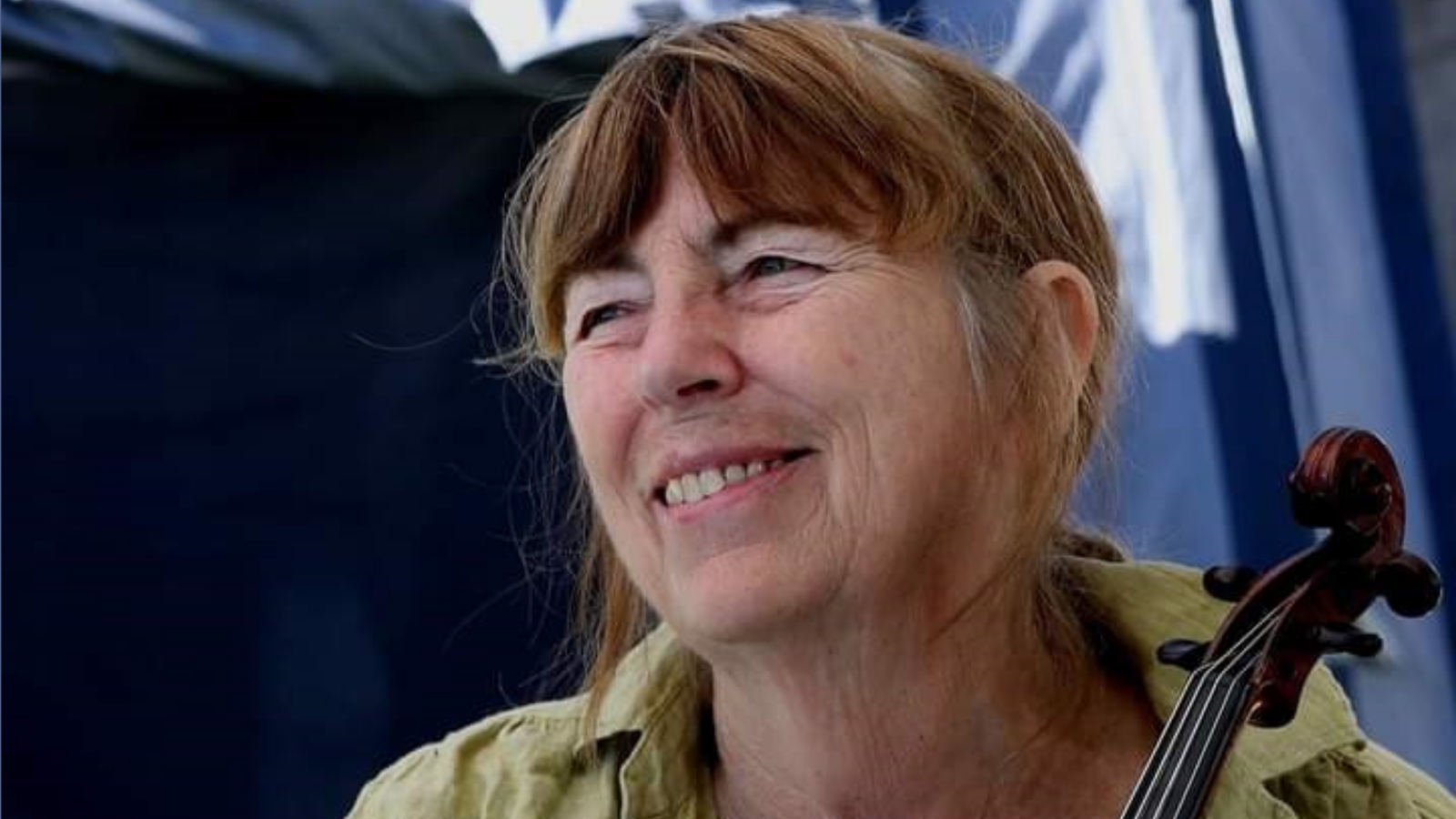A rich time in Jude Douglas' life

Her Bachelor of Arts degree in english literature led to an initial job as a proofreader of the Lucky Kiwi section in the Evening Post, and she then spent several years travelling. On her return, after doing other jobs then teaching for a couple of years she took up an opportunity within a graduate scheme that saw her pursue her ultimate career in social work.
“This job was through what was then called a VOTP scheme, a little like what UniVentures offers now, and they paid me to be a social worker. I didn’t know anything about social work, but my couple of years teaching helped. I loved it, and it became my career.”
Jude later returned to the University to pursue a Master of Social Work in 1997/8, while juggling family life and four young children. She has continued in this field and now works for Open Polytechnic in social work education.
Jude has fond memories of her time at the University in the 70s, and recalls it as a really rich time in her life. “I loved being at the University. It felt like a vital institution, and being in Wellington had something to do with that. Being able to march on Parliament was amazing,” she says.
At one point, she and her friends lived upstairs from the group of the students who wrote for Salient. “They were convinced their phone was bugged, and this was a point of pride for them, because they were engaged in political activism.” She and her friends regularly attended rallies at parliament, for women’s rights, abortion rights, and māori land rights.
One of her funniest memories was of ‘A weekend for women’ that she attended. “The Topp Twins dismantled this Morris Minor in the quad, and pulled the motor apart, then couldn’t put it back together. It was hilarious, we were standing around pissing ourselves with laughter.”
Academic study was also a little different in the 70s. Jude recalls having to write a music history assignment for her lecturer. “I phoned him up for an extension and he said ‘bring it to my house and put it under the doormat by midnight’—I had to find his house in Kelburn by torchlight, and put this hand-written assignment under the doormat just before midnight,” she says.
As a social work educator, Jude enjoys the relationships she has with the small groups of the predominantly women she is training. “I have a lot of second-chance learners and it is great to see people who have been disadvantaged learn and grow—they have had interesting life experiences, and seeing them get through is fantastic.”
Reflecting on the experiences of the younger generation, Jude finds herself concerned that students now feel a need to study something that will make them money, rather than following their passion.
“Degrees aren’t about what you study, they are more about that protected time you get to be a student, and learning how to think and learn,” she says.
“I would say to current students and graduates, be patient. Resist those messages that say you need a vocation—hold on to the idea that education in itself is valuable, and think of how to be critical citizens. You will come out on top with a degree.”
Photo credit: Eve Manning
